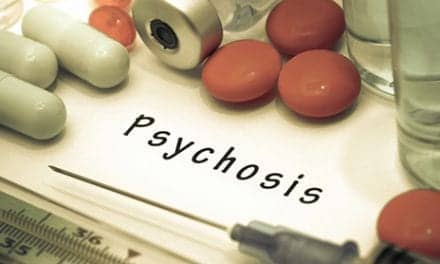A weak electric “noise” can help improve balance and motor skills in patients with Parkinson’s disease, according to work conducted by researchers at the Sahlgrenska Academy. A University of Gothenburg news release states that a portable prototype has been developed in cooperation with NASA that will be used in long-term studies of Parkinson’s patients in their home environment.
Prior experiments on rats indicated that noisy electrical stimulation of the balance organs can be used to change the activity of the brain, thus balancing the effects of dopamine shortage and improve the animals’ motor skills and balance.
The release notes that the researchers have now tested the same method among 10 Swedish Parkinson’s patients. Patients involved were in both medicated and unmedicated states. On one day during the study, they received an active noise stimulation and on another day inactive treatment, blinded to which day the current was active. The experiments’ results suggest that the active noise stimulation improved both the patients’ balance and the combined symptoms.
Filip Bergquist, MD, PhD, study leader and associate professor at the Sahlgrenska Academy, states in the release, “The effect on balance was particularly apparent when the patients were in the unmedicated state, which is very positive.”
In a follow-up study over a longer period of time, the researchers will have the Parkinson’s patients wear a stimulator smaller than a wallet that can be carried in the pocked.
Should long-term treatment improve the patient’s walking, balance and symptom variations, “we could in the next 5 years develop the noise stimulation and introduce it as a new treatment,” Bergquist says.
[Source: University of Gothenburg]




